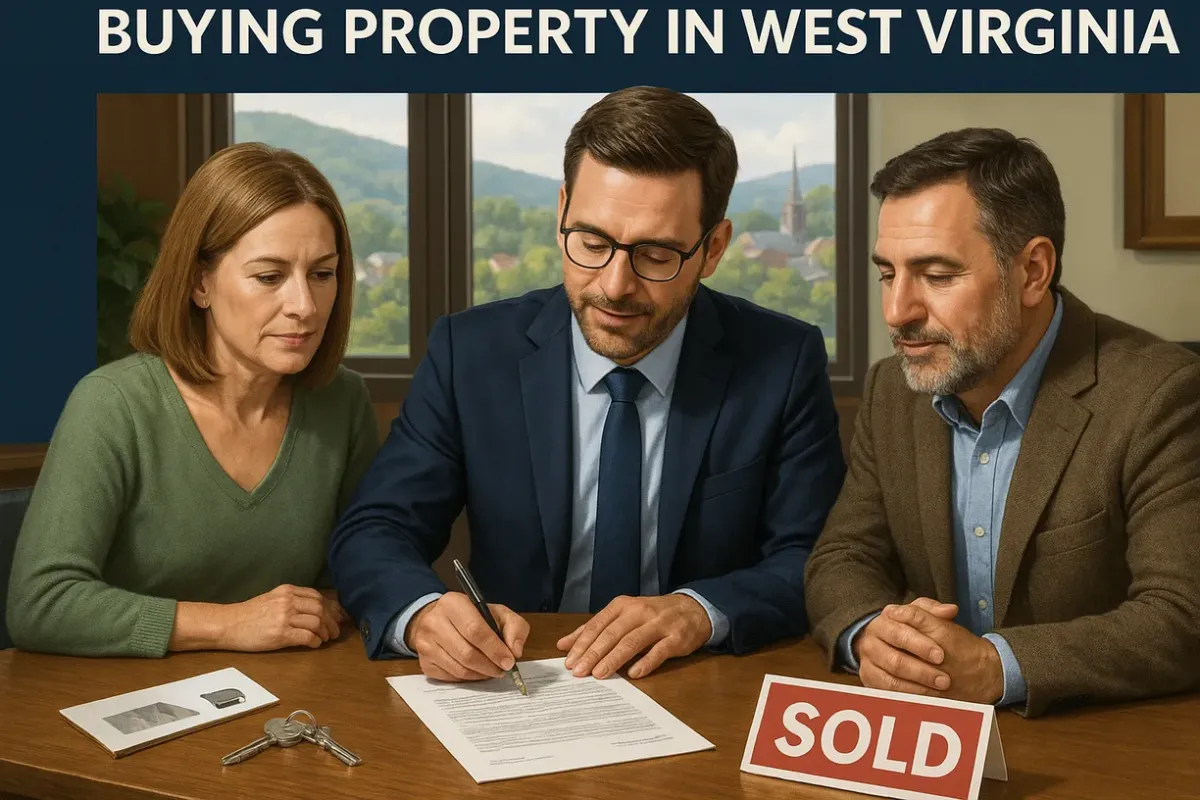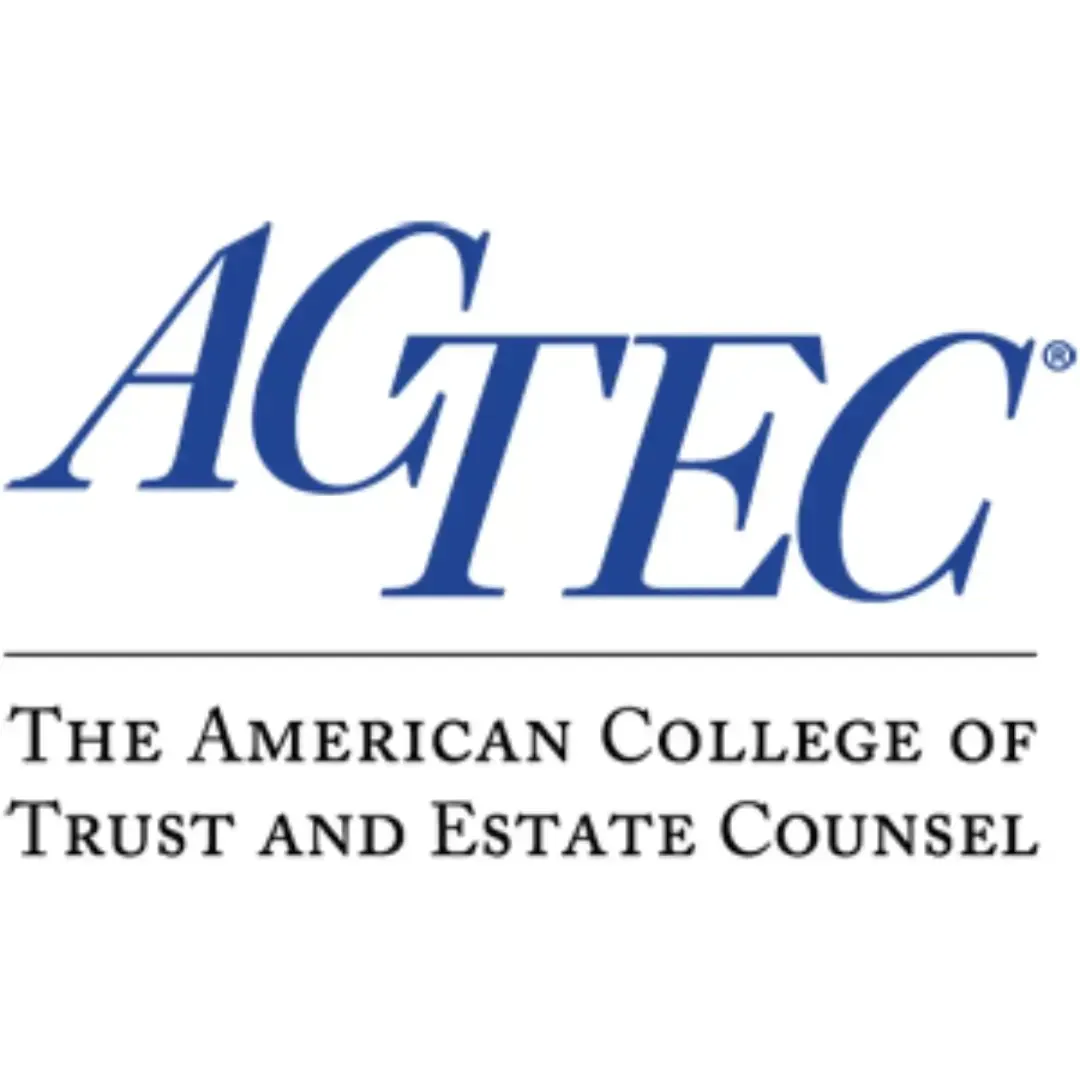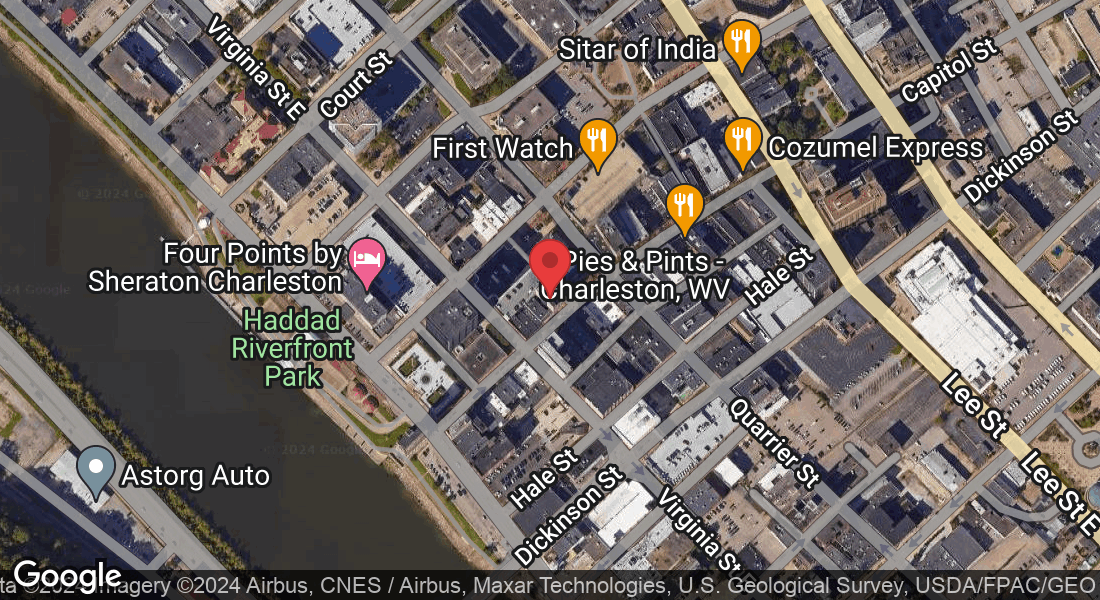
Blogs

Expert Legal Assistance for Buying Property in West Virginia
Buying Property Legal Assistance West Virginia: How a Real Estate Attorney Can Guide Your Purchase
Purchasing property in West Virginia is a significant milestone, but it also involves navigating a complex web of legal requirements, contracts, and potential risks. Securing expert legal assistance from a qualified real estate attorney is the most effective way to protect your investment and ensure a smooth, legally sound transaction. A knowledgeable attorney acts as your advocate, guiding you through every step of the process, from negotiating the purchase agreement to resolving title issues and representing your interests at closing. At Ray, Winton & Kelly, our dedicated real estate lawyers provide comprehensive legal support for property buyers across West Virginia, ensuring your rights are protected from start to finish.
What Legal Services Are Essential When Buying Property in West Virginia?
When buying property in West Virginia, several key legal services are essential to safeguard your interests and ensure a successful transaction. These services provide a protective framework that addresses potential issues before they become costly problems.
Which Role Does a Real Estate Attorney Play in Property Purchases?
A West Virginia real estate attorney plays a multifaceted role in your property purchase, acting as your guide, advocate, and legal shield. Their primary responsibilities include:
•Providing Expert Legal Advice: Offering guidance on West Virginia property laws, your rights as a buyer, and the legal implications of your decisions.
•Reviewing and Negotiating Contracts: Meticulously examining the purchase agreement to ensure its terms are fair and protect your interests, and negotiating with the seller's representatives on your behalf.
•Conducting Due Diligence: Overseeing critical checks, including title searches and examinations, to uncover any hidden risks or liabilities associated with the property.
•Facilitating Communication: Acting as a central point of contact between you, the seller, real estate agents, lenders, and title companies to ensure clear and efficient communication.
•Resolving Disputes: Proactively addressing and resolving any conflicts that may arise during the transaction, from inspection issues to title defects.
•Managing the Closing Process: Preparing and reviewing all closing documents, representing you at the settlement table, and ensuring the property transfer is legally sound.
By managing these critical tasks, your attorney helps demystify the buying process and provides the confidence you need to make informed decisions.
How Do Title Search Services Protect Your Investment in West Virginia?
Title search services are fundamental to protecting your property investment. A thorough title search examines public records to verify the seller's legal right to transfer ownership and uncovers any claims or encumbrances against the property. This process protects you by identifying:
•Outstanding Mortgages or Liens: Unpaid debts from previous owners that could become your responsibility.
•Easements and Covenants: Restrictions on how you can use the property.
•Ownership Disputes: Conflicting claims from heirs, ex-spouses, or other parties.
•Errors in Public Records: Mistakes in deeds or legal descriptions that could cloud your title.
By identifying these issues before closing, your attorney can work to resolve them, ensuring you receive a clear and marketable title to your new property.
What Are the Key Steps in Reviewing Real Estate Contracts in WV?
Reviewing the real estate contract, or purchase agreement, is one of the most critical services an attorney provides. The key steps include:
1.Verifying Property Details: Ensuring the legal description of the property is accurate.
2.Analyzing Contingency Clauses: Confirming that contingencies for financing, inspections, and appraisals are included and structured to protect you.
3.Examining Seller Disclosures: Reviewing the seller's property condition disclosure statement for any red flags.
4.Negotiating Terms: Advocating for favorable terms regarding price, closing date, repairs, and other key elements.
5.Clarifying Ambiguities: Identifying and rewriting any vague language that could lead to future disputes.
A meticulous contract review ensures that your rights and obligations are clearly defined and that you are not exposed to unnecessary risks.
How Does the Title Search and Title Insurance Process Work in West Virginia?
Understanding the title search and insurance process is crucial for any property buyer in West Virginia. This two-part process is designed to secure your ownership rights and protect you from future financial loss.
What Is a Title Search and Why Is It Important in WV Property Transactions?
A title search is a comprehensive examination of historical property records. In West Virginia, this involves searching the records at the county clerk's office to trace the property's chain of title (history of ownership) and identify any issues that could affect your ownership. It is important because it reveals critical information that is not apparent from a physical inspection of the property, such as:
•Unpaid property taxes
•Judgments or liens against the property
•Mineral rights that have been sold to other parties
•Boundary line discrepancies
Without a title search, you could unknowingly purchase a property with significant legal and financial baggage.
How Can Title Insurance Prevent Future Property Disputes?
While a title search is thorough, it cannot uncover every potential issue, such as forged documents, undisclosed heirs, or filing errors. This is where title insurance comes in. A title insurance policy is a form of indemnity insurance that protects you and your lender from financial loss due to defects in the title. If a valid claim is made against your property from the past, the title insurance company will, in accordance with the terms of your policy:
•Defend your title in court at their expense.
•Pay for any losses you incur up to the face amount of the policy.
This one-time purchase provides peace of mind and financial protection for as long as you own the property.
What Are Common Title Defects and How Are They Resolved?
Common title defects found in West Virginia properties include:
•Unreleased Mortgages: A previous owner's mortgage that was paid off but never officially cleared from the records.
•Mechanic's Liens: Liens filed by contractors for unpaid work on the property.
•Errors in Legal Descriptions: Mistakes in deeds that make the property's boundaries unclear.
•Undisclosed Easements: A third party's right to use a portion of your property.
An experienced real estate attorney can resolve these defects by obtaining lien releases, filing corrective documents, or negotiating with third parties to clear the title before you close on your purchase.
What Should You Know About Real Estate Contracts and Negotiations in West Virginia?
The purchase agreement is the legal foundation of your real estate transaction. Understanding its terms and effectively negotiating on your behalf are critical skills your attorney brings to the table.
How Do You Review and Understand Purchase Agreements in WV?
Purchase agreements in West Virginia are legally binding documents filled with complex clauses. Your attorney will help you understand key sections, including:
•The Parties: Ensuring all buyers and sellers are correctly identified.
•The Property: Verifying the accuracy of the address and legal description.
•The Price and Terms: Outlining the purchase price, deposit amount, and financing details.
•Contingencies: Defining the conditions that must be met for the sale to proceed (e.g., obtaining a loan, satisfactory home inspection).
•Closing Date and Possession: Specifying when the sale will be finalized and when you can move in.
Understanding these terms is crucial to ensuring the contract reflects your intentions and protects your interests.
What Are Effective Strategies for Negotiating Property Purchases?
Effective negotiation goes beyond the purchase price. A skilled attorney can negotiate on various fronts to create value and reduce risk, including:
•Repair Credits: Negotiating for the seller to pay for repairs identified during the home inspection.
•Closing Cost Contributions: Asking the seller to contribute to your closing costs.
•Contingency Timelines: Adjusting deadlines for inspections or financing to give you adequate time.
•Included Personal Property: Negotiating for appliances, window treatments, or other items to be included in the sale.
Strategic negotiation can save you thousands of dollars and ensure the final deal is structured in your favor.
When Should You Seek Legal Advice During Contract Negotiations?
You should seek legal advice before you sign any documents. Once a purchase agreement is signed, it becomes a binding contract. Engaging an attorney early allows them to review the initial offer, suggest protective language, and negotiate from a position of strength before you are legally committed to unfavorable terms.
What Are the Closing and Settlement Legal Services Available in West Virginia?
The closing, or settlement, is the final stage of the property purchase where ownership is officially transferred. Legal services during this phase are crucial for a seamless and legally compliant transaction.
How Does a Closing Attorney Facilitate a Smooth Property Transfer?
A closing attorney in West Virginia orchestrates the final steps of the transaction. They:
•Prepare or review the deed and other transfer documents.
•Verify that all terms of the purchase agreement have been met.
•Review the settlement statement (Closing Disclosure) to ensure all costs are accurate.
•Disburse funds to the appropriate parties.
•Ensure all documents are properly signed, notarized, and recorded with the county clerk.
Their role is to ensure the transfer of ownership is executed correctly and legally.
What Are Escrow Services and Why Are They Critical in WV Closings?
Escrow is a neutral third-party arrangement where funds and documents are held until all conditions of the sale are met. In West Virginia, an attorney or title company often acts as the escrow agent. This is critical because it protects all parties by:
•Ensuring the seller is not paid until the title is transferred.
•Ensuring the buyer does not receive the title until the funds are secure.
•Holding funds for specific purposes, such as completing agreed-upon repairs after closing.
Escrow services provide a secure and transparent mechanism for handling the financial aspects of the closing.
How Should You Prepare Legally for Closing Day?
Your attorney will guide you on how to prepare for closing day. Key steps include:
•Reviewing the Closing Disclosure: Carefully examine this document at least three days before closing to check all fees and credits.
•Securing Certified Funds: Arranging for a cashier's check or wire transfer for the amount you owe at closing.
•Obtaining Homeowner's Insurance: Providing proof of insurance to your lender.
•Conducting a Final Walk-Through: Visiting the property one last time to ensure it is in the agreed-upon condition.
•Bringing Photo ID: Having a valid government-issued photo ID for all buyers.
Proper preparation helps prevent last-minute delays and ensures a smooth closing experience.
How Can Legal Assistance Help Resolve Property Disputes in West Virginia?
Even with careful planning, disputes can arise during a real estate transaction. Legal assistance is vital for resolving these conflicts efficiently and protecting your interests.
What Types of Property Disputes Are Common in WV Real Estate?
Common disputes that can occur during a purchase include:
•Inspection Issues: Disagreements over necessary repairs or the condition of the property.
•Financing Problems: Conflicts arising from a buyer's inability to secure a loan.
•Title Defects: Issues discovered during the title search that threaten the transfer of ownership.
•Seller Non-Disclosure: Discovering that the seller failed to disclose a known material defect.
An attorney can help negotiate resolutions, draft addenda to the contract, or, if necessary, advise you on your legal options for terminating the agreement.
How Are Boundary Disputes Legally Handled in West Virginia?
If a survey reveals a boundary dispute with a neighboring property, your attorney can take several steps to resolve it before you purchase the property. This may involve negotiating a boundary line agreement with the neighbor, obtaining a quitclaim deed for the disputed portion of land, or, in complex cases, initiating a quiet title action to get a court ruling on the proper boundary.
What Is Eminent Domain and How Does It Affect Property Buyers?
Eminent domain is the government's right to take private property for public use, provided they pay fair compensation. While not a dispute between buyer and seller, it is a potential risk for property owners. An attorney can help you research whether there are any pending or planned public projects that might affect the property you intend to buy, providing a more complete picture of your investment risk.
What Are the Key Steps and Legal Considerations for First-Time Homebuyers in West Virginia?
First-time homebuyers face a steep learning curve. Legal guidance is especially important to navigate the process with confidence.
What Is the Step-by-Step Process for Buying a House in WV?
The typical home buying process in West Virginia includes:
1.Getting pre-approved for a mortgage.
2.Finding a real estate agent.
3.Searching for a home.
4.Making an offer and negotiating the purchase agreement (with attorney review).
5.Conducting a home inspection and other due diligence.
6.Finalizing the loan application.
7.Completing the title search and obtaining title insurance.
8.Preparing for and attending the closing.
An attorney can provide guidance at each of these critical stages.
How Can Legal Assistance Simplify the Home Buying Process for New Buyers?
For first-time buyers, an attorney simplifies the process by:
•Translating complex legal jargon into plain English.
•Handling communication with all parties involved.
•Managing deadlines and paperwork.
•Providing objective advice to help you make informed decisions, free from the emotional pressures of buying a home.
This support allows you to focus on the excitement of finding your new home while your attorney manages the legal complexities.
What Due Diligence Should First-Time Buyers Perform Before Closing?
Due diligence is the process of investigating a property to ensure it meets your expectations. Key steps include:
•Home Inspection: Assessing the physical condition of the property.
•Appraisal: Ensuring the property is worth the price you are paying.
•Title Search: Verifying the seller's ownership rights.
•Survey: Confirming the property's boundaries.
•Review of HOA Documents: If applicable, understanding the rules and financial health of the homeowners association.
Your attorney will help you understand the results of these investigations and their legal implications.
Why Choose a Local West Virginia Real Estate Law Firm for Your Property Purchase?
Choosing a local law firm with deep roots in West Virginia offers distinct advantages for your property purchase.
How Does Local Expertise Benefit Your Property Purchase?
A local West Virginia law firm brings invaluable expertise:
•Knowledge of State and County Laws: Understanding the specific regulations that govern real estate transactions in your area.
•Familiarity with Local Customs: Knowing how transactions are typically handled in your community.
•Relationships with Local Professionals: Having established connections with local real estate agents, lenders, and surveyors can help streamline your transaction.
This local insight can help you avoid common pitfalls and navigate the regional nuances of West Virginia real estate.
What Are the Advantages of Personalized Legal Services in WV?
A local firm can offer a level of personalized service that larger, out-of-state operations cannot. This includes:
•Direct access to your attorney.
•Services tailored to your specific needs and concerns.
•A commitment to building a long-term relationship based on trust and client satisfaction.
How Transparent Pricing and Clear Communication Improve Your Experience?
Reputable local firms prioritize transparent pricing and clear communication. They will provide a clear explanation of their fees upfront and keep you informed throughout the process. This approach builds trust and ensures there are no surprises, allowing you to budget effectively and remain confident in your legal representation.
Secure Your West Virginia Property Purchase With Expert Legal Guidance
Buying property is one of the most significant investments you will ever make. Ensure it is protected by securing expert legal assistance from a trusted West Virginia real estate attorney. At Ray, Winton & Kelly, we are committed to providing the guidance and support you need to navigate your property purchase with confidence.
From contract negotiation to closing, our attorneys will be by your side, protecting your rights and ensuring your transaction is handled with the utmost care and professionalism. Contact us today to schedule a consultation and learn how we can help you achieve your real estate goals in West Virginia.
If you're in need of legal help, let's talk.
Our lawyers have many years of experience, and are excited to help you with your case. Whatever your legal needs may be, we can provide the experienced legal representation you require. Let's talk about your case and see how we can help you achieve the best possible outcome. Even in circumstances in which we are unable to represent a person, we can often help find another attorney that can. So make us your first contact.
Get In Touch
Phone Number:
Address
109 Capitol Street Suite 700
Charleston, WV 25301
Assistance Hours
Mon – Fri 9:00am – 5:00pm
Saturday – Sunday CLOSED







